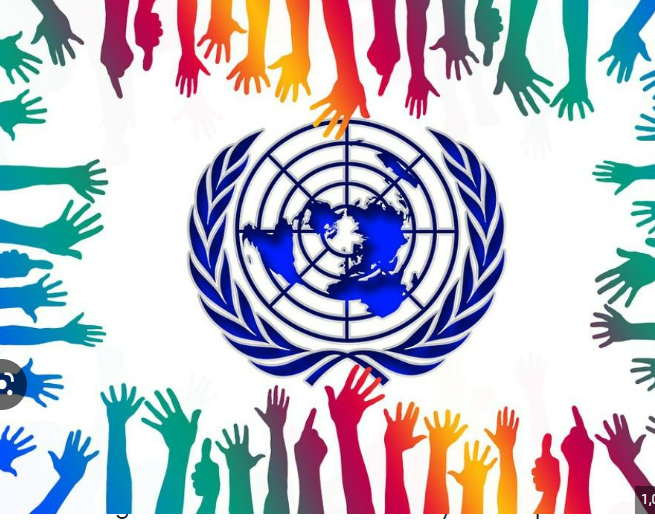Last Friday of the month, the 24th of February, we had a second meeting this year. Our last discussion meeting of 2022 was about Russian refugees fleeing mobilization and if they should be allowed entry to shelter in European countries. That discussion touched on the subject of International Laws and their implementation regarding migrants from all countries.

This time we wanted to elaborate more on International laws and discuss why some countries felt they could choose to ignore them on occasion. We started with a brief introduction to what International Laws are: a set of rules, norms and standards that govern the relationships and interactions between states, as well as some of their relations with international organisations and individuals. International laws aim to provide mechanisms for resolving conflicts and promoting cooperation in international affairs. A State can complain to the United Nations Security Council (UNSC) if they believe another State has violated International Laws.
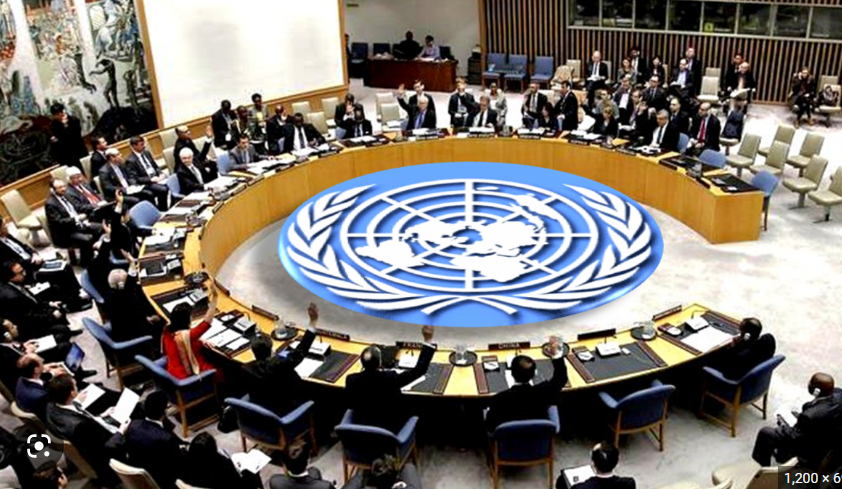
Concerning European Union, the Court of Justice of the European Union (CJEU) interprets EU law to make sure it is applied in the same way in all EU countries and settles legal disputes between national governments and EU institutions. It can also, in certain circumstances, be used by individuals, companies or organisations to take action against an EU institution, if they feel it has somehow infringed their rights. An interesting observation was made about the UK which proposed 90% of the International Laws content and subsequently decided to leave the European Union and the ECJ.
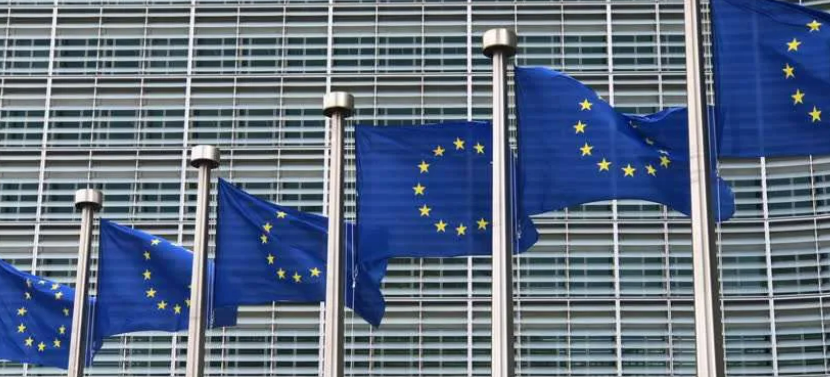
We know that a significant number of states have been accused of violating International Law including (aside from the usual suspects Russia, Iran, North Korea and Syria) the USA and UK, for allegedly arranging military interventions, overthrowing governments and changing regimes. A very popular instrument was putting sanctions on States whose governments are not acting in line with Western interests.
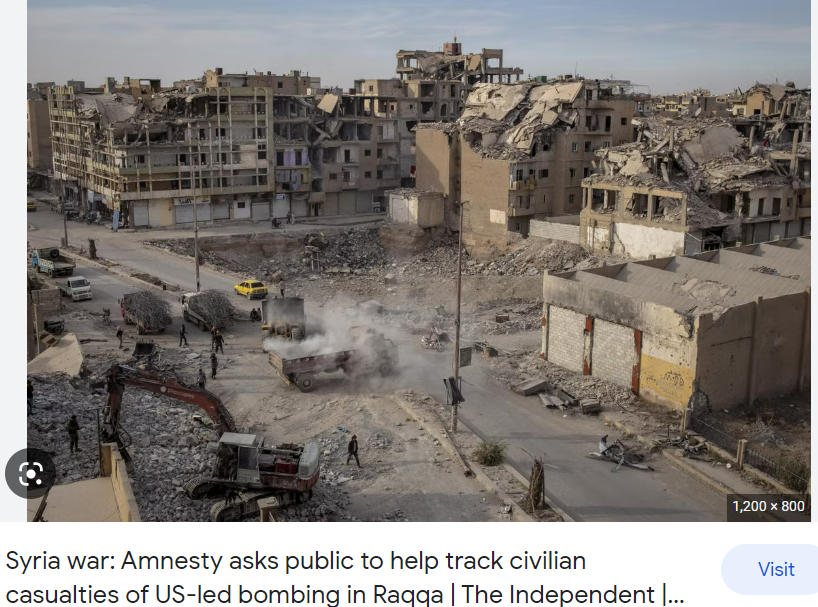

We discussed that aside from everyday media reports about Putin, Russia and the war in Ukraine, just a few weeks ago Israel was accused of violating International Law with its continued expansion into vast areas of Palestinian land. The Palestinians accused Israel of violations against International Law and then withdrew their allegation after direct intervention by the USA. It has not been reported what inducements must have been offered by the USA at the time.

In regard to the Ukraine war, the latest UN resolution to condemn Russia over its invasion of Ukraine was supported by 141 countries, whilst 32 countries abstained and 7 countries, including Russia, voted against the resolution. We discussed that almost the same result occurred during the UN General Assembly voting in 2022 and that the 39 countries that did not support the resolution constituted 2/3 of the World population.
One comment was that the US and UK had invaded Iraq without a UN agreement but no sanctions were put on them. If we look at history the majority of developed Western countries had violated International Laws at some time but were not condemned nor sanctioned.
We discussed how we often hear Western democracies lauded as better than other countries because they may not be liberal democracies. It was mentioned that maybe these other countries don’t want our type of democracy and therefore don’t need our assistance to change their country according to our understanding.
We agreed that big and powerful countries can choose when to follow International law and ignore it when it suits them. Some States may have different interpretations of International Law depending on the situation at that time and views on who should define a law. Therefore in some cases, actions can be taken against a country which is “abusing human rights”, in other cases these actions can be called a “special military operation”.
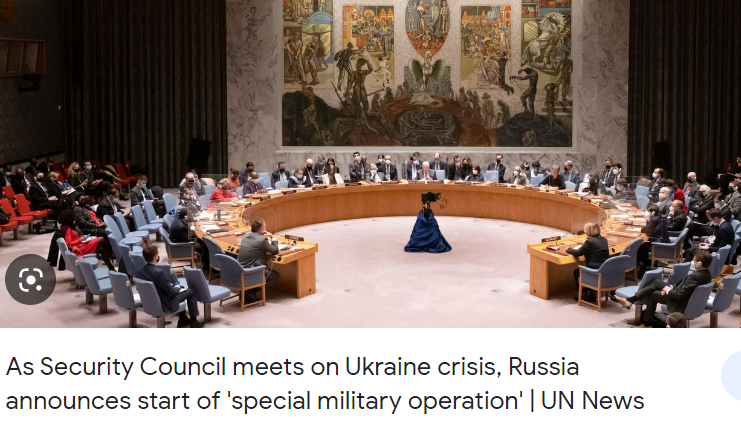
In theory, all countries, big or small, strong or weak, rich or poor, are equal members of the international community and should jointly uphold the basic norms governing international relations and defend international fairness and justice.
We all agreed that Russia must answer for its aggressive actions in Ukraine, but so must other countries around the World for their own behaviour.
It was a very interesting discussion about the realities of the political world. Despite facts showing that some countries even during the last decade were able to ignore International law and suffer no punishment, it is very important that we have such International Institutions where representatives of different countries can sit together and discuss hot issues without recourse to aggressive action.
